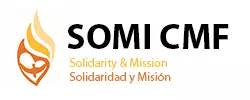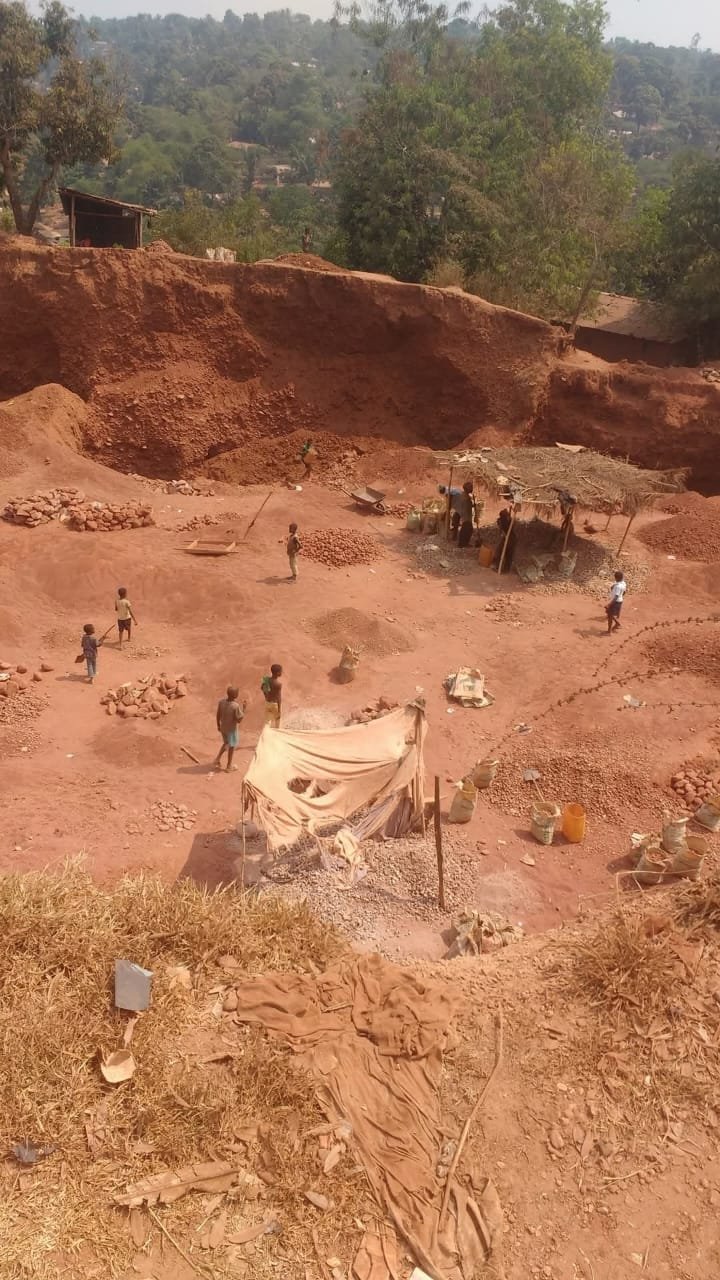Dear brothers and sisters,
As you know, the population of eastern DRC has been suffering for three decades from a war waged by more than 100 armed groups in the provinces of Sud Kivu, Nord Kivu and Ituri, a region rich in agricultural products and mineral resources. The latest reports of the UN group of experts on the security situation in DRC sufficiently prove the support of Rwandan troops to the M23, one of these rebel groups which, after having taken control over a vast rural area of Nord Kivu, advanced on the important city of Minova and on 29 January laid siege to the city of Goma, capital of the province. During this M23 expansion, the escalation of violence and the deterioration of the humanitarian situation reached an unprecedented level of severity.
In addition to the seven million IDPs already in the region, an additional 400,000 refugees fled the M23 attacks in Minova and sought asylum in the already overcrowded camps in Goma in January. Once there, the M23 targeted these refugee camps for attack, resulting in hundreds of civilian deaths and thousands of injuries. Lying on the ground, the latter await medical assistance in overflowing hospitals. The population of Goma was deprived of water, electricity and livelihoods for four days. In addition, the M23 attacked the bases of the UN peacekeeping mission, causing the death of 14 blue helmets. Such events constitute crimes against humanity and war crimes.
As expressed by different actors in DRC society and government, the presence of Rwandan troops on Congolese soil openly supporting the M23 militia represents a flagrant violation of national sovereignty and international law. This is why, during the emergency meetings convened by the UN Security Council on 26 and 28 January, most countries stressed the real risk of a new crisis in the Great Lakes Zone and called on Rwanda to withdraw its troops from the DRC and its support for the M23. For its part, MONUSCO is calling for the creation of humanitarian passages to allow the provision of essential supplies, the relief of personnel and the safe movement of the civilian population. To this end, it is urgent that the DRC and Rwanda re-launch the political dialogue (Luanda Process), as military means are proving incapable of resolving the conflict.
As for the causes of the problem, although the coalition of the Rwandan army and the M23 present the defence of the Tutsi community as justification for their presence in DRC, what they operate is a territorial occupation and control of mining areas, for example Rubaya in the territory of Masisi, where there are important reserves of Coltan (present in our telephones and computers). As has been documented, these minerals leave for Rwanda. Therefore, among the urgent demands of the DRC is the embargo on natural resources declared to be of Rwandan origin, in particular gold and coltan. Indeed, the international community, and in particular the EU member states, have a crucial role to play in the negotiations, as they can condition development support and cooperation in the value chain on the raw materials on which the Rwandan economy depends, as demonstrated by the exemplary measure recently taken by Germany.
In this context, the demand expressed by Pope Francis, “Hands off the DRC”, resounds these days with particular force. The Lord, present in the heart of this people and its history, continues to call us to seek the peace that is the fruit of justice and to cry out again, with all our strength: “Never again war!
Kinshasa, 31 January 2025






